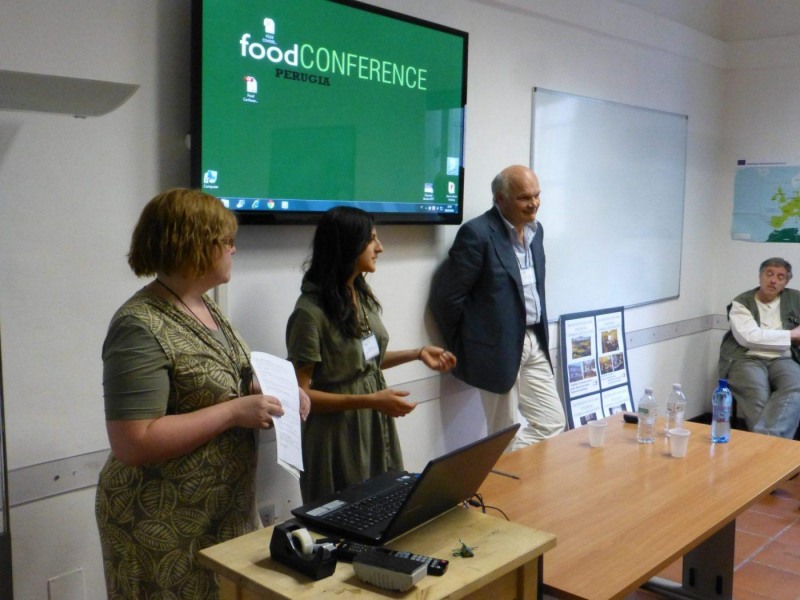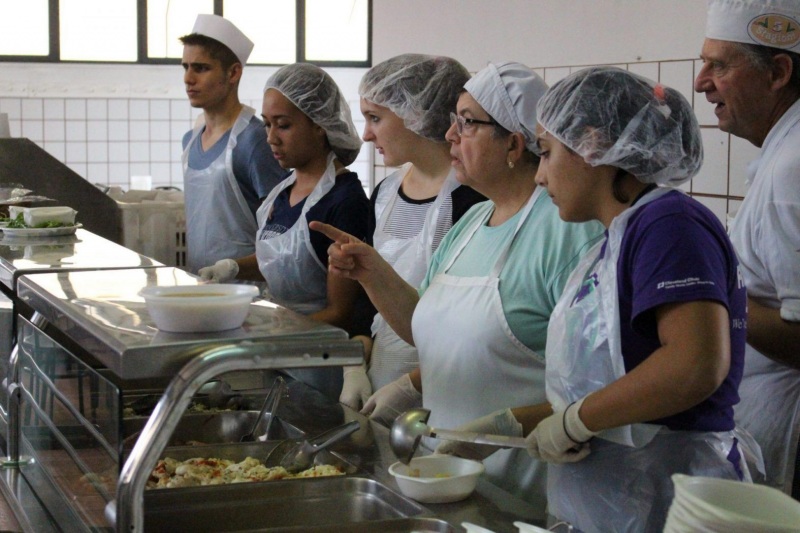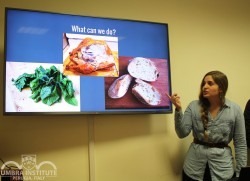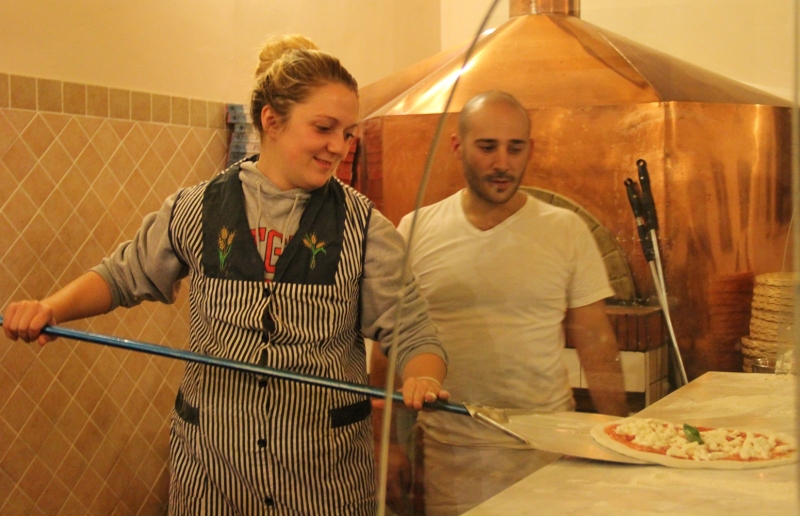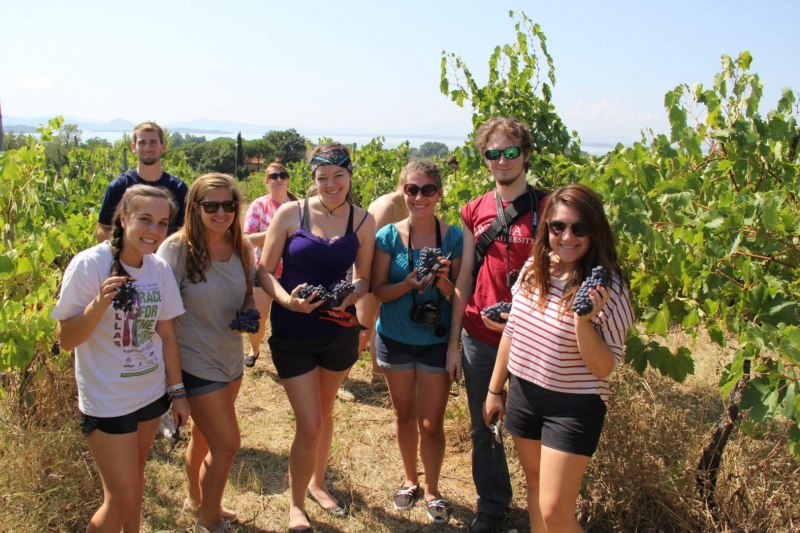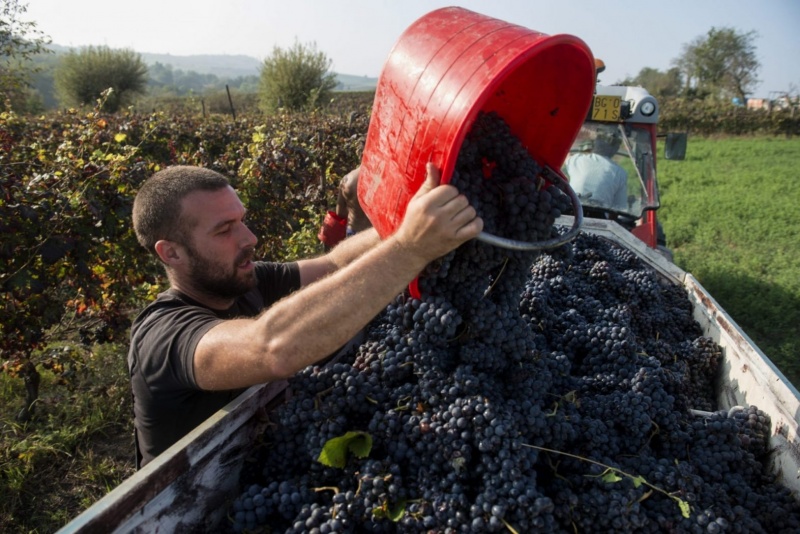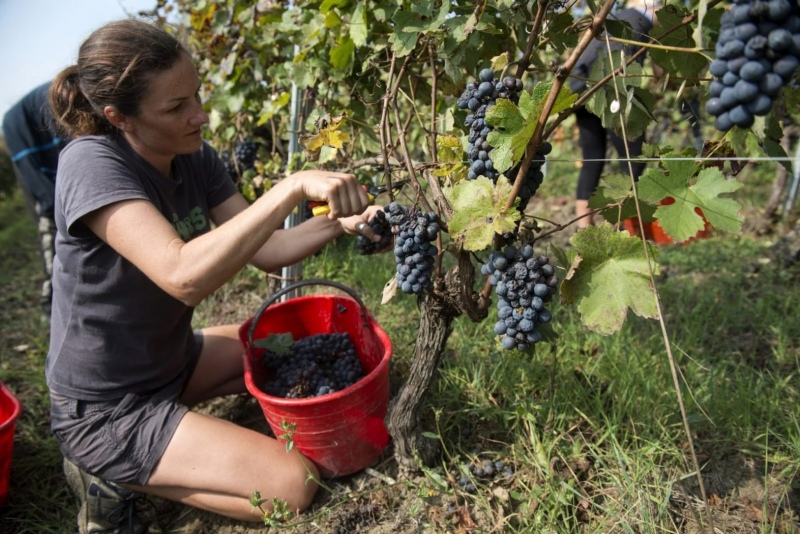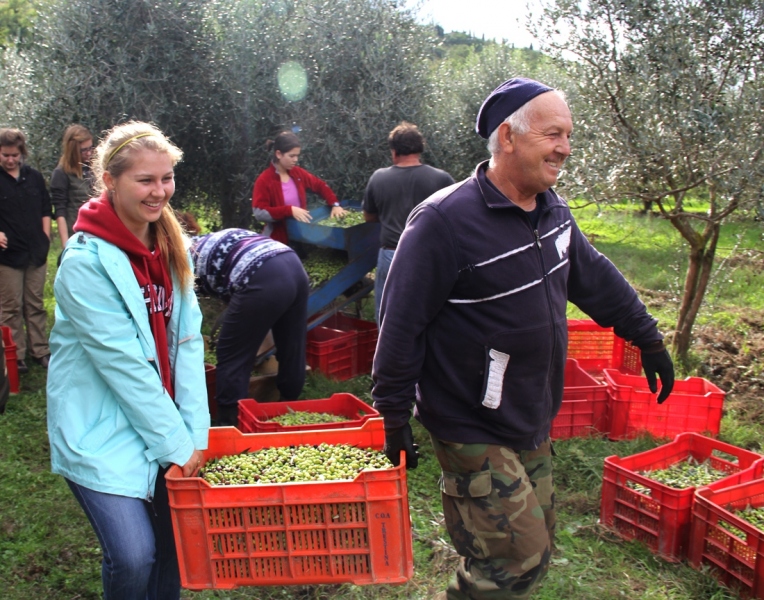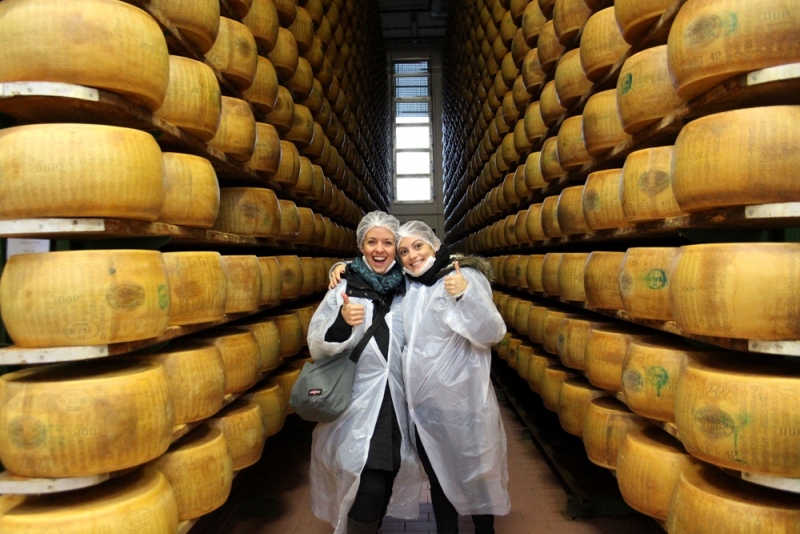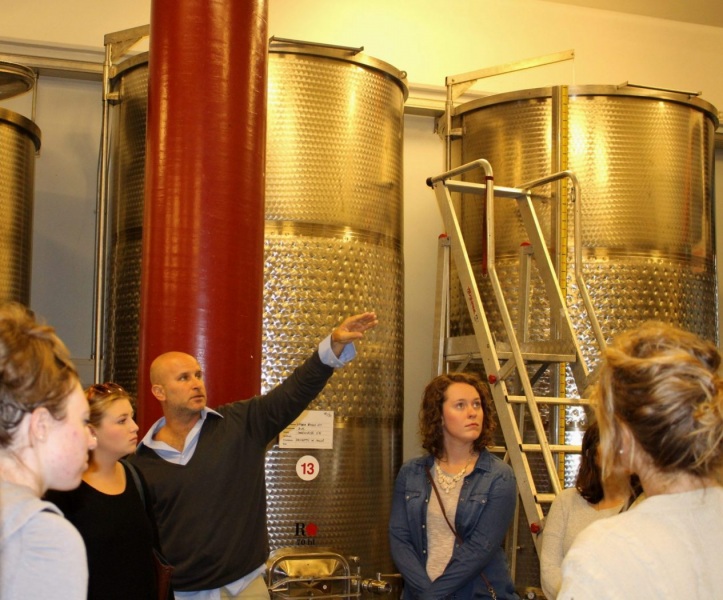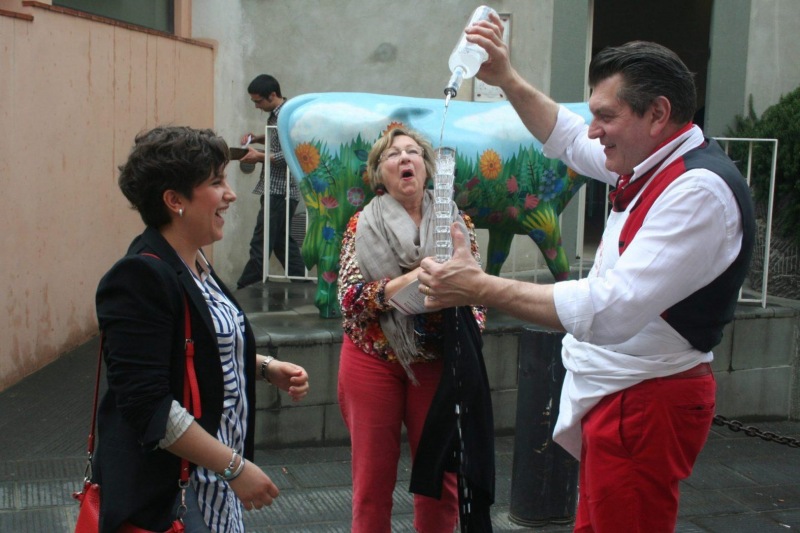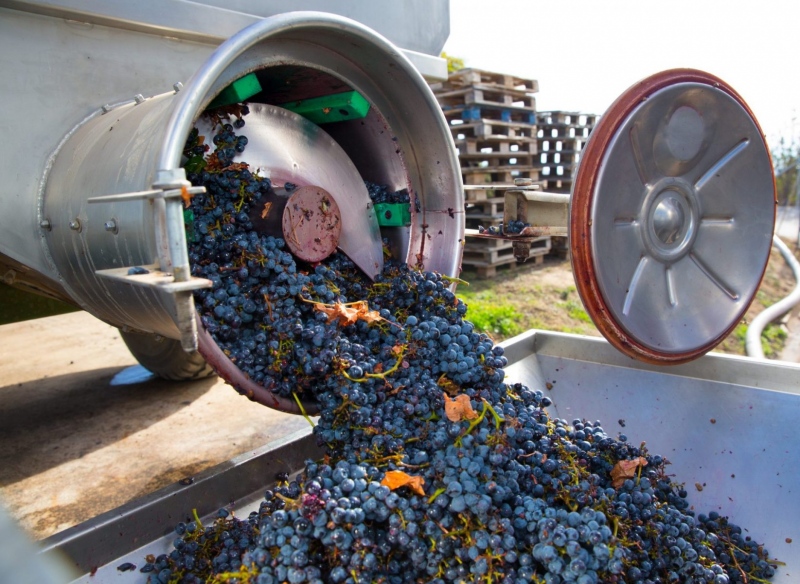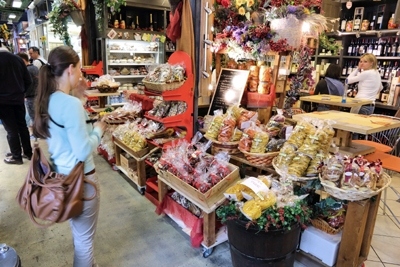Food, Sustainability, & Environmental Studies

The program in Food, Sustainability, & the Environment (FSE) at Umbra invites students and professors to participate in the study of food systems, sustainability and the environment. Whether enrolling in semester or summer courses, interning in a winery, or discovering the complexities of Italian food culture and environmental policy, FSE students develop a deeper understanding of global food systems, sustainability, and the environment.
The Program in Food, Sustainability, & Environment
The Program in Food, Sustainability, & Environment (FSE) offers a semester-long, interdisciplinary certificate program open to all students with an interest in food, sustainability, and the environment. It is particularly well-suited to those hoping to cultivate a career in the food or environmental industries or seeking to continue their education at the graduate level.
This program includes a series of co- and extracurricular activities that are an integral part of the curriculum; they include guest lectures, site visits, field trips, culinary activities, research projects, and other hands-on experiences. These activities allow students to directly observe the concepts studied in the classroom and analyze issues surrounding food, sustainability, and the environment in an Italian and global context from varied perspectives.
Certificate Program Curriculum
All students who successfully complete the FSE will receive a certificate of completion from the Umbra Institute. To meet the requirements, one must complete the program’s 1-credit core course and at least three (3) electives from the list below for a total of ten (10) credits. The required 4-credit Italian course is offered in addition to the FSE curriculum. This allows participants to complete the program with fourteen (14) credits.
Students interested both in the FSE and an independent research project may combine the FSE and Scholars Program curricula to create their own academic path. This option has limited availability so it is important that all interested students contact their ISI Abroad – Umbra Institute admissions advisor early to begin planning for their semester abroad. All independent studies or research projects must be approved at least four months beforehand by the Umbra Director and the FSE Chair.
Many students have received credit for their major for their FSE coursework. Contact the ISI Abroad office or the Director of The Umbra Institute, Zachary Nowak ([email protected]) for more information. For those students interested in possible graduate work: part of the program’s co-curricular offerings is an optional workshop “How To Get Into Grad School.”
COURSES in FOOD, SUSTAINABILITY, & the ENVIRONMENT
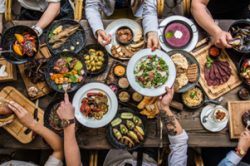
ANTH/FSST/SOC 375: Anthropology of Food and Eating: Understanding Self and Others
Read MoreBUS/COMM/FSST 355: Digital Marketing: Wine and Wineries of Central Italy
Read More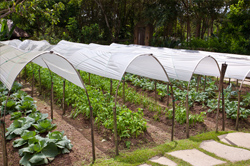
ENV/SUST/FSST 330: Sustainable Food Production in Italy – Local Traditions and Global Transformations
Read More
BUS/SUST/ENV 340: Global Sustainable Business
Read MoreFSST/HIST/SUST 350: The History and Culture of Food in Italy
Read More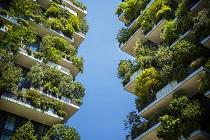
ENV/SUST/GEOG 355 – Green Cities: A Sustainable Future
Read More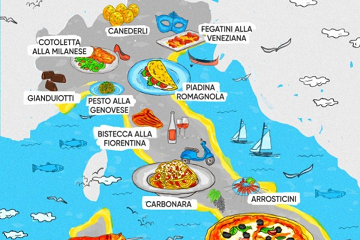
FSST/ENV/SUST 300: Experiencing Sustainable Italian Foodways (FSE Core Course)
Read More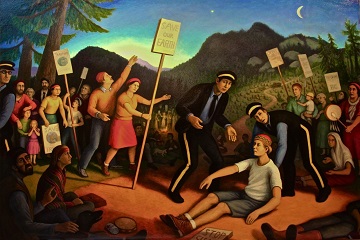
ARTH/ENV/PSCI 375 Green Art: The Aesthetics, Ethics, and Politics of Creativity in Today’s World
Read More
COMM/JOUR/FSST 345: Communicating Taste – The Media and Journalism of Food & Wine
Read More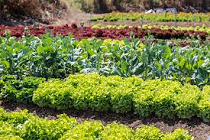
ENV/PSCI/FSST 370: Food & Environmental Policy in Italy & Europe
Read More
ENV/REL 345: Spiritual Ecologies
Read More
ENV/PUBH/GSCI 320: Water Resources: Environment, Society, and Power
Read More
ANTH/ENV/GEOG 362: Environmental Anthropology
Read More
NUTR 345: From Plate to Policy: The Mediterranean Approach to Diet, Lifestyle, and Public Health
Read MoreInstitutional Research

While teaching is central to the Institute’s mission, research serves both didactic and professional goals. Recent faculty research has included a a chapter on female winemakers in Italy, an edited collection on representations of Italian food, and an analysis of the Italian agro-alimentary market for Chinese companies. Current projects include a monograph on Italian women vintners making natural wine and an article exploring Umbrian food traditions invented after the Second World War. This research not only keeps the faculty actively involved with academic discussions on food and the environment but also provides readings for courses and opportunities for students to engage in faculty projects.
The Institute also promotes student research through faculty-led independent study projects or the more intensive semester-long Scholars Program. A recent student project on the Italian aversion to taking food home from restaurants led to a three-year-long community engagement project with the City of Perugia known as RepEAT, designed to promote doggie bags in the city’s restaurants. Students have also presented their research several times at both the biennial food conference and the Association for the Study of Food & Society. Two FSE students have won awards for their research in Perugia from the Society for the Anthropology of Food and Nutrition and the Forum on International Education.
Our Didactic Kitchen
The Institute’s didactic kitchen, located in the Institute, is the ideal venue to explore food chemistry as well as to provide students with hands-on, non-credit-bearing activities that complement their classroom studies. Click here to learn more about what can be discovered through Umbra’s co- and extra-curricular cooking and tasting activities.
Field Trip & Excursions
Welcome and Farewell Dinners.
Weekend field trip to Modena and Parma sustainable farms and production facilities;
Workshops with Local Artisans
Italian Cooking Classes in Umbra’s Didactic Kitchen;
Visits to Local Farm-to-Table and Fair Trade restaurants;
Truffle hunting in the Apennine Mountains;
The Scholar’s Program
This unique program takes qualified students’ academic experience one step further. Not only do they participate fully in the FSE Program, which includes a rich complement of co-curricular activities, workshops and field trips, but students will also pursue an original independent research project. As always, the Scholars Program Coordinator will provide assistance and guidance in defining the research project, assigning a faculty mentor, and selecting the complimentary courses that best fit the student’s needs.
ACADEMIC GUIDANCE
Zachary Nowak, PhD—The Umbra Institute/Harvard University
Michael DiGiovine—West Chester University
Chris Fink, PhD—Ohio Wesleyan University

Biennial Food & Sustainability Conference
Since 2012, the Umbra Institute has hosted a biennial food conference in Perugia. Past keynotes have included Ken Albala, Massimo Montanari, Rachel Black, Kolleen Guy, Amy Trubek, Simone Cinotto, Molly Anderson, Alice Julier, Lisa Heldke, Michael Herzfeld, John Lang, Krishnendu Ray, and Heather Paxson.
Some of the contributions to the first conference were published as Representing Italy Through Food (Bloomsbury, 2017), edited by Peter Naccarato, Zachary Nowak, and Elgin K. Eckert. The seventh edition of the conference will be held June 2026.
Stay tuned for the Call for Papers!

